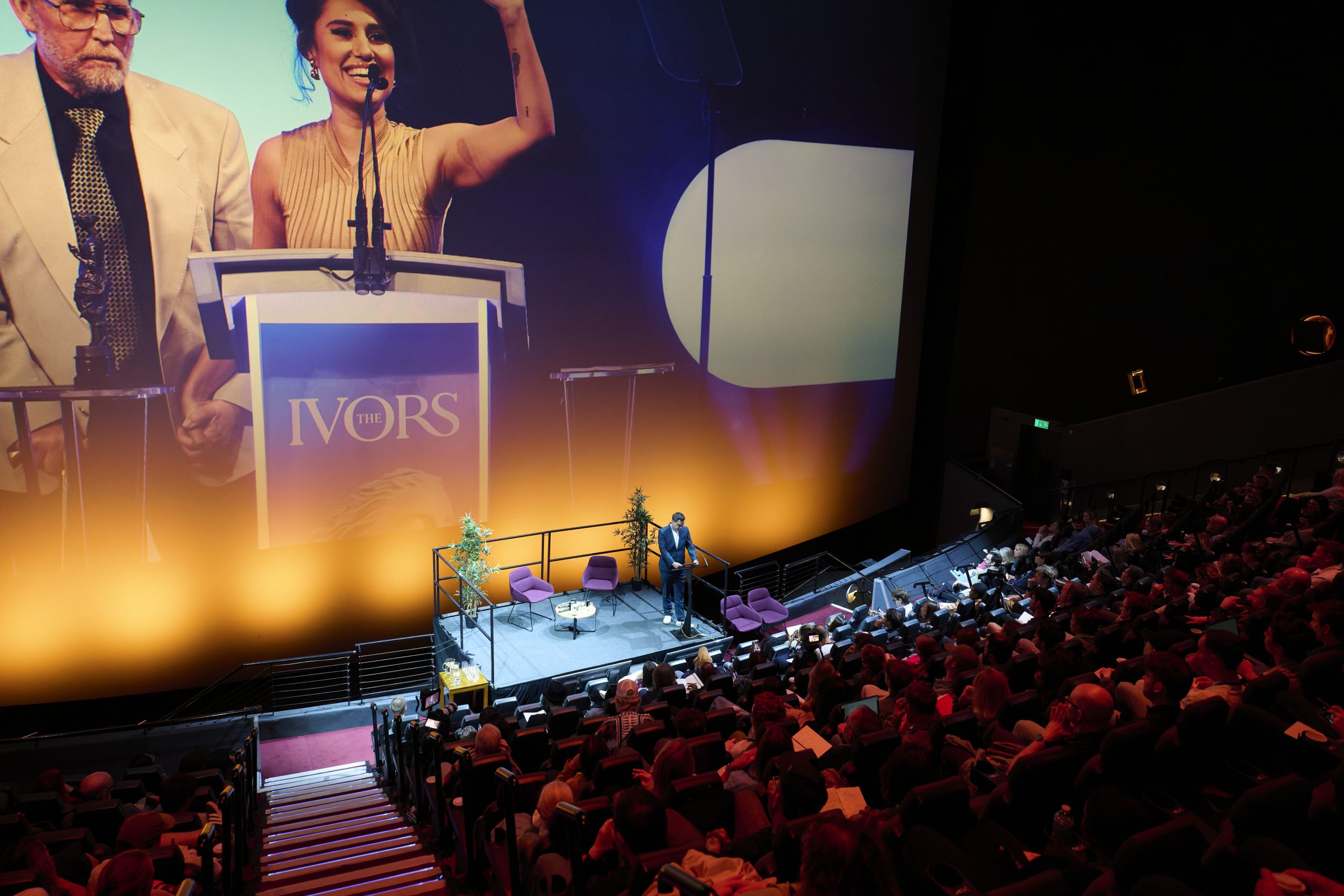The partnership makes Epidemic Sound’s library of tracks available to use through the Adobe stock service. Epidemic Sound’s library is created by composers for screen and video, who receive an upfront fee while having to relinquish all rights to future royalties. They are hired under so-called ‘full buyout deals’.
Such deals are becoming increasingly common. In 2019, The Ivors Academy conducted a survey amongst UK composers for screen, which showed that 41% of respondents had been required to give away more of their mechanical rights than they wanted to, and 35% said they had been subject to full buyouts or work-for-hire in the last five years.
Commenting on the partnership between Epidemic Sound and Adobe, Mat Andasun, library music composer and member of The Ivors Academy’s Media Committee, said:
“Epidemic Sound is a music library that asks its writers to give up their legal entitlement to royalties in exchange for a lump sum payment upfront. This kind of deal always leaves a bad taste in my mouth as a writer because although it seems as if Epidemic is offering to take all the risk on your work not selling after you’ve spent time crafting it, what they are actually doing is depriving you both of the opportunity to reap the rewards of your work selling over many years, and the chance of cashing in on any unusual success your work might have. Making music for commerce is a risk-and-reward model, and writers and publishers should share equally in both.
“The rights that are yours as a writer have been hard fought for and won over many hundreds of years, since the invention of the printing press. The royalties that those rights generate have sustained the livelihoods of countless numbers of musicians since that time. Throughout that same period, there have been individuals and companies who have sought to undermine those rights and take those royalties away. Epidemic present themselves as part of the new, a disruptor and an agent for change; but in reality they are merely the latest in a long line of chancers who want to take what is not rightfully theirs.”
Full buyouts are more common in the USA, where the practice of work-for-hire is legal. In many other countries, including the UK, composers exclusively assign their performing right to a collecting society, which in turn means they are not able to negotiate it away. The same can’t be said about the mechanical right, which is increasingly viewed by music commissioners as theirs to demand. Crucially, there is a danger of the US model being exported globally by multinational companies which threaten the sustainability of a career as a composer for screen.
The Ivors Academy and the Musicians’ Union have formed an alliance under the banner Keep Music Alive to tackle long-standing issues within the music industry, including objectionable commissioning practices surrounding fees and rights negotiated for the composition of music for screen.
Naomi Pohl, Deputy General Secretary of the MU, said:
“Epidemic Sound CEO Oscar Hoglund claims that musicians will benefit from being discovered on Adobe through Shazam. This exposure narrative forms part of a widespread exploitative model that the music industry has difficulty shaking. Exposure without royalties doesn’t pay the bills. As we come out of the Covid-19 crisis and TV production restarts, we will be working to ensure composers have sustainable careers. Their royalties are sacrosanct as far as we’re concerned.”
Graham Davies, CEO of The Ivors Academy, said:
“When there is disruption, we should ask - disruption of what, and to what end? Companies seem to believe that they are faced with a great challenge in trying to devise a fair yet profitable model for paying composers for screen. But that model already exists - royalties. Royalties and related rights exist for creators to share in the revenue generated by their works proportionally to the works’ success, be it high or low.
“Companies such as Epidemic Sound, which make buying out rights and eluding the collective rights management system their USP, are undermining the future of musical composition at its very core, pushing back on the safeguards that allow music creation to be a viable career choice.”




